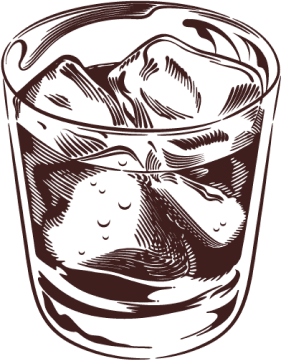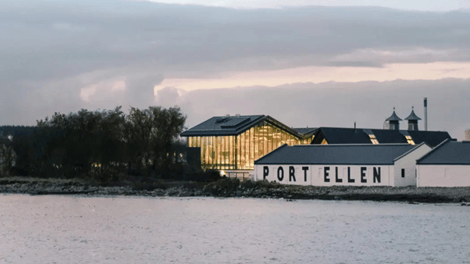- Reminders
- Whisky
- Blog

From Barrel to Bottle: The Science of Whisky Aging and Its Impact on Value

Whisky ageing is a fascinating process that transforms a raw spirit into a complex, nuanced beverage over time. For investors, understanding the science behind whisky ageing is crucial, as it significantly impacts the value of the whisky. This article explores the intricacies of whisky ageing, examining the factors that influence it and how they affect the potential appreciation of whisky as an investment.
The Science of Whisky Ageing
1. The Role of the Cask:
If you are not familiar with whisky casks, our previous article introduces what whisky casks are and delves deeper into casks as a tool in the whisky production process and as an investment.
You might have wondered why whiskies made from the same ingredients can have such different tastes, and that is due to the cask that each whisky was aged in. The cask plays a vital role in the ageing process, imparting flavours and characteristics to the whisky. Several factors related to the cask influence the ageing process:
- Type of Wood: Most whisky casks are made from oak, specifically American oak or European oak. American oak tends to impart sweeter, vanilla-like flavours, while European oak contributes spicier, richer notes.
- Previous Use: Casks previously used to age other liquids, such as sherry, bourbon, or wine, add unique flavours to the whisky. For example, sherry casks can introduce dried fruit and nutty flavours.
- Char Level: The level of charring inside the cask affects the whisky’s flavour. Heavily charred casks can impart smokier, more robust flavours.
2. Environmental Factors:
Whiskies are produced all over the world, and the characteristics of the location’s environment can have a significant impact on its maturation.
- Climate: Whisky ages differently in various climates. Warmer climates, like those in Kentucky for bourbon, accelerate the ageing process, while cooler climates, like those in Scotland, result in a slower, more gradual maturation.
- Humidity: The level of humidity in the ageing environment affects the evaporation rate of alcohol and water from the cask, influencing the whisky’s concentration and flavour profile.
- Location: Distilleries often use specific locations, such as warehouses by the sea, which can introduce unique characteristics to the whisky, like a hint of salinity.
3. Time:
Time is a critical factor in whisky ageing. The longer a whisky ages, the more it interacts with the cask, developing complexity and depth, making older whiskies typically richer and more complex in flavour. However, there is a balance to be struck; too long in the cask can lead to over-oaking, where the wood flavours overpower the spirit.
Impact on Value
1. Age Statements and Market Perception:
As mentioned, ageing whiskies requires a lot of time and resources, so whiskies with significant age statements are often perceived as more valuable. Collectors and investors typically seek out older whiskies, driving up their market value. However, age alone does not guarantee quality or value; the reputation of the distillery and the specific cask’s characteristics also play crucial roles.
2. Limited Editions and Rare Releases:
Older whisky is generally rarer, and one key reason is that when whisky is aged, not only does it lose physical volume, but it also loses alcohol strength. The alcohol by volume (ABV) of a whisky must be 40% or above to legally be considered whisky, so if a whisky is aged for too long, there is a risk of it not even being considered whisky by the time a distillery plans to bottle it. To be safe, many distilleries bottle their whiskies earlier on, making old whiskies more uncommon, thus driving up their value.
3. Flavour:
Everyone has different preferences when it comes to whisky, and many enjoy the flavours of aged whiskies. As we discussed, the ageing process can bring out certain flavours of a whisky, and these flavours cannot exist without this process, thus making aged whiskies more sought after. Some flavours and notes that can be brought out during the ageing process include vanilla, caramel, spices, and oak.
The science of whisky ageing is a complex interplay of factors that significantly impact both the flavour and the value of the final product. For investors, understanding these nuances is crucial for making informed investment decisions. From the type of cask and environmental conditions to the duration of ageing and market trends, each element plays a role in determining the potential appreciation of a whisky. Whether you are interested in aged whiskies for their taste, their collectability, or the investment opportunity that they present, we invite you to browse WhiskyGenius to find the perfect whisky for you!
Please enjoy whisky responsibly.
Banner photograph from RedHead Barrels.
More Content
View More



















